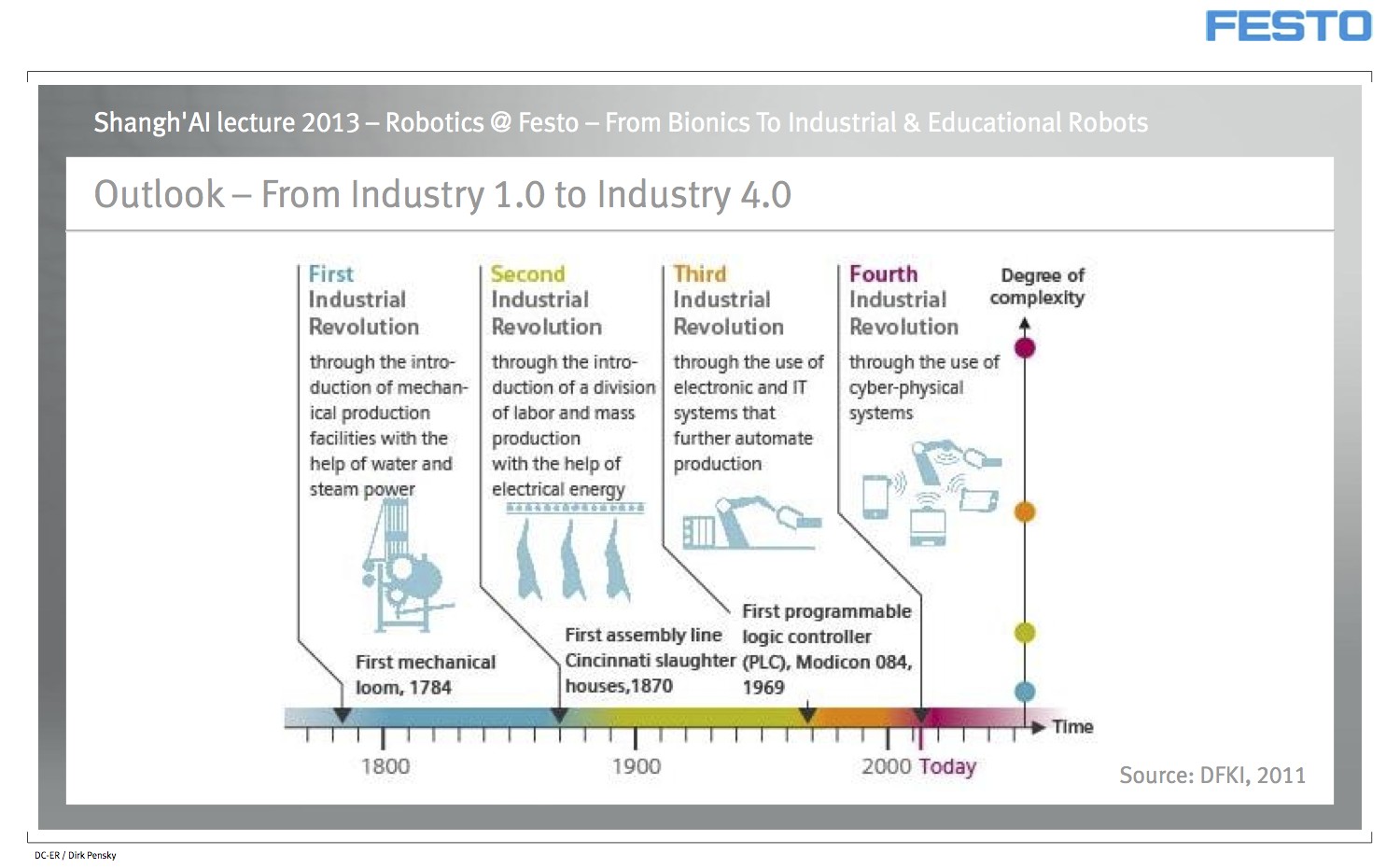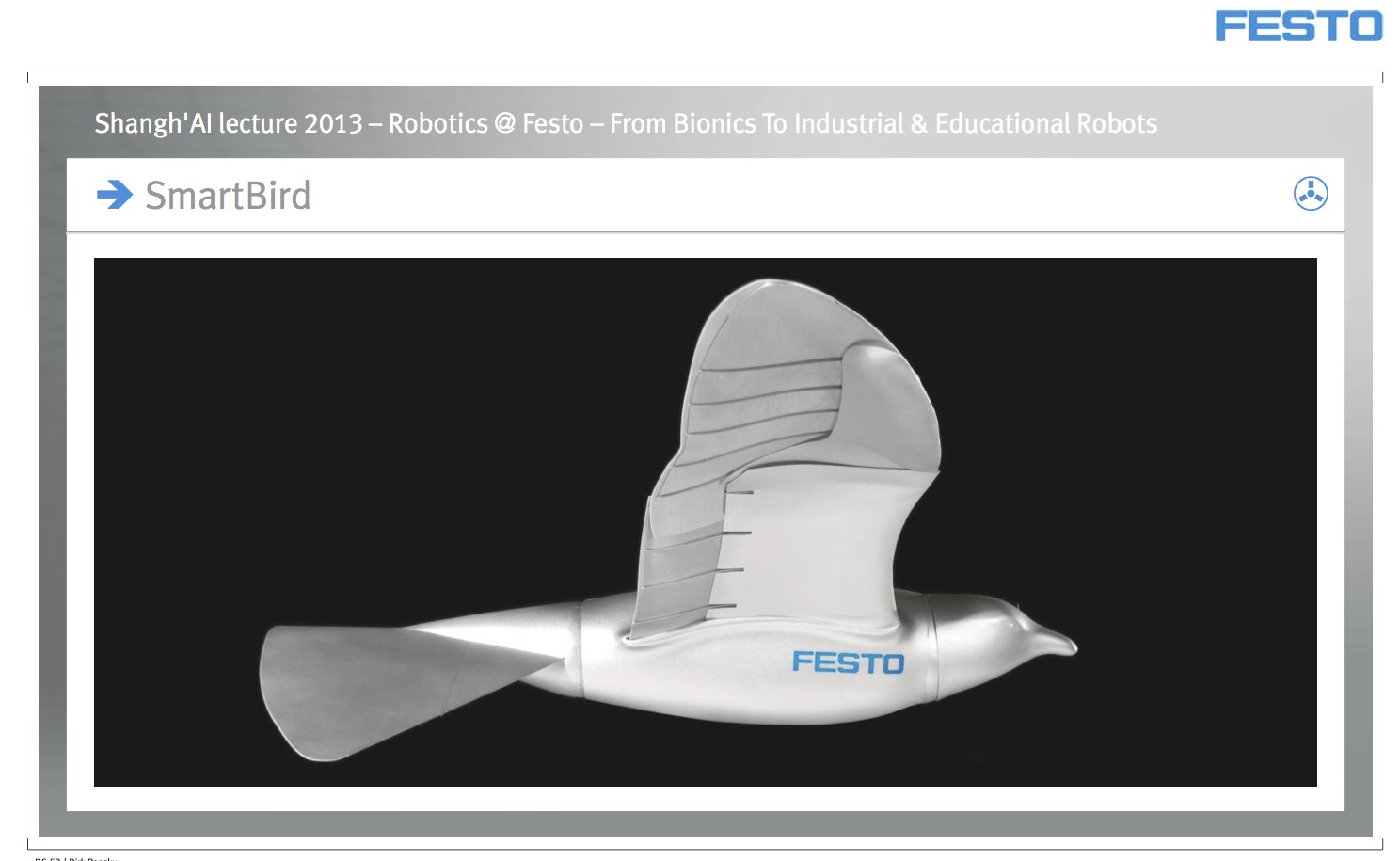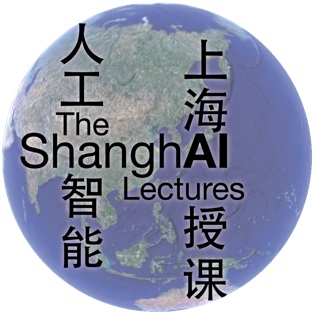
Robohub.org
ShanghAI Lectures 2013, Lecture 8-II – Education and Industry Session
Lecture 8-II: Education and Industry Session
This lecture hosted by Prof. Samia Nefti-Meziani from the University of Salford, Manchester, UK, is about higher education and industrial impact of the ‘ShanghAI paradigm’. You should not be surprised to see early glimpses of the next industrial revolution enabled by intelligent machines in Manchester – this was the iconic example of industrial city during the very first industrial revolution.
“ITN Marie Curie Network SMART-E: Advanced Robotics for Sustainable Manufacturing in Europe” by Samia Nefti-Meziani

Prof. Samia Nefti-Meziani shows how robotics and AI/cognition can concretely help in both industry and in everyday life. She also announces the newly funded research network on the application of the Shanghai concepts to the industrial world – making this lecture more than just an ‘Academic chat’. Want to know more? Watch Samia’s lecture:
Guest lecture: “Robotics at Festo – From Bionics to Industrial & Educational Robots” by Dirk Pensky
Dr. Pensky is a high-level manager at Festo, which is headquartered in Germany. In this guest lecture he shows us the ubercool bioinspired robotics systems developed by his company. If you want to stay informed on his cutting-edge research, watch his talk:

About the ShanghAI Lectures

While in the classical approach “intelligence” was essentially viewed as information processing taking place in the brain, the more recent insight that interaction with the environment is of central importance is gaining acceptance. This has led to the metaphor of embodiment, i.e., that intelligence is always a property of an entire organism — an idea that has far-reaching implications and often leads to surprising insights, but which has not so far been widely exploited in industry practice.
The ShanghAI Lectures project aims to:
- Build a sustainable community of students and researchers in the area of Embodied Intelligence
- Make education and knowledge on cutting-edge scientific topics accessible to everyone
- Explore novel methods of knowledge transfer
- Overcome the complexity of a multi-cultural and interdisciplinary learning context
- Bring global teaching to a new level
These lectures about Natural and Artificial Intelligence have been held via videoconference at the University Carlos III of Madrid in Spain, the University of Zurich in Switzerland, Scuola Superiore Sant’Anna of Pisa, Italy, Humboldt University Berlin in Germany, University of Plymouth and University of Salford in the UK, and 10 other universities around the globe. Students from the participating universities are still working together on the exercises, using Webots by Cyberbotics, and Ludobots by the University of Vermont.
The lectures have also been streamed to allow remote participation to anybody.
The ShanghAI Lectures differ from ‘conventional’ MOOCs as they exploit telecommunication technology to build a global, distributed lecture hall that allows rich interaction rather than simply implementing the good old fashioned TV broadcasting model on a different medium. They also differ from other AI courses as they propose a new paradigm approach to embodied cognition (a.k.a. AI and Robotics). It is a kind of Copernican revolution with respect to GOFAI and its robotics application — and thus a research program for the coming decades.
This year I coordinated the lectures, with help from Prof. Rolf Pfeifer and Dr. Nathan Labhart at the University of Zurich . Rolf Pfeifer and I provided the context (introduction, moderation, and conclusion). As always, there were 2-3 invited guest lectures each week.
tags: Algorithm AI-Cognition, bio-inspired, c-Industrial-Automation, c-Research-Innovation, cx-Education-DIY, cx-Research-Innovation, embodied intelligence, Fabio Bonsignorio, ShanghAI Lectures 2013





